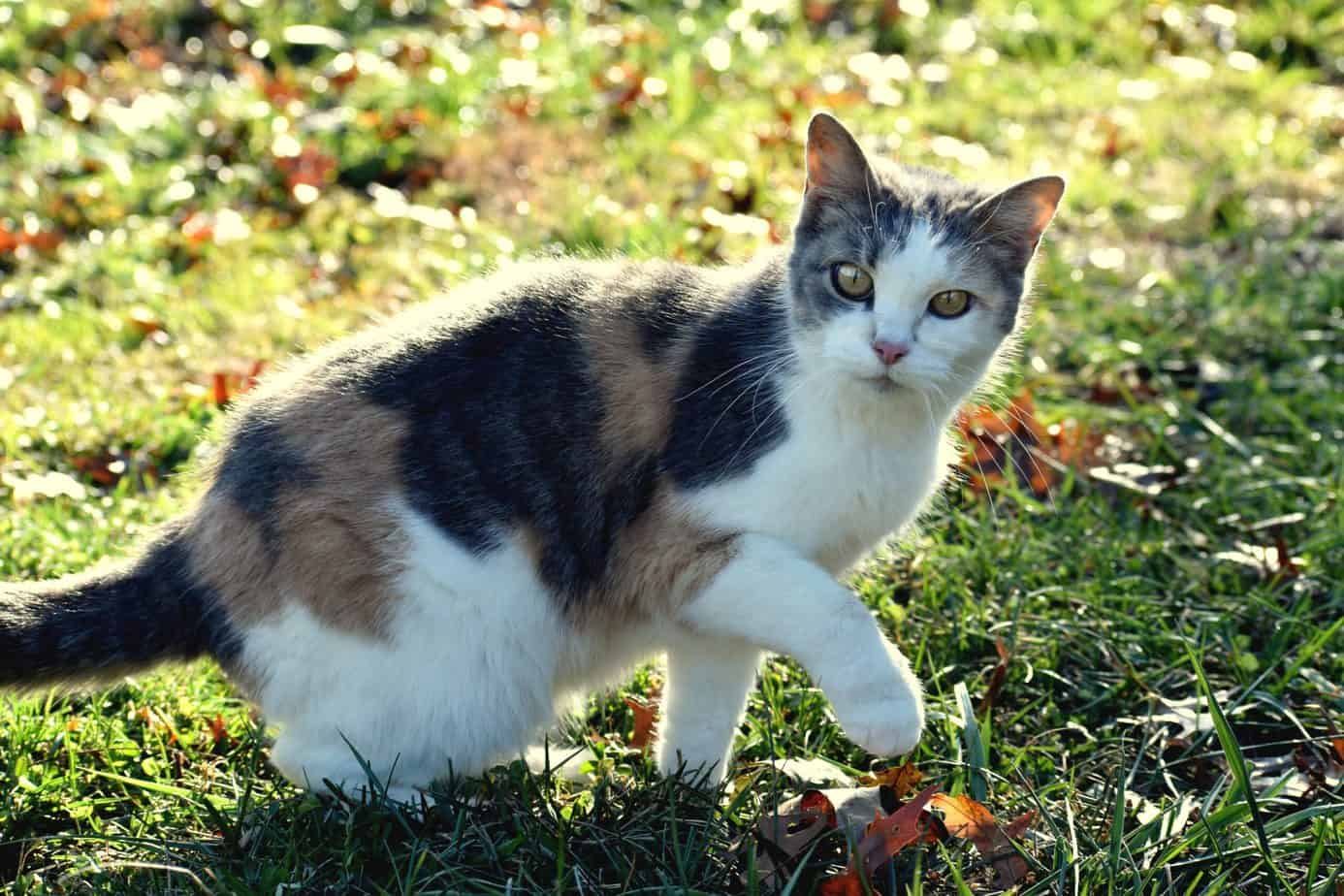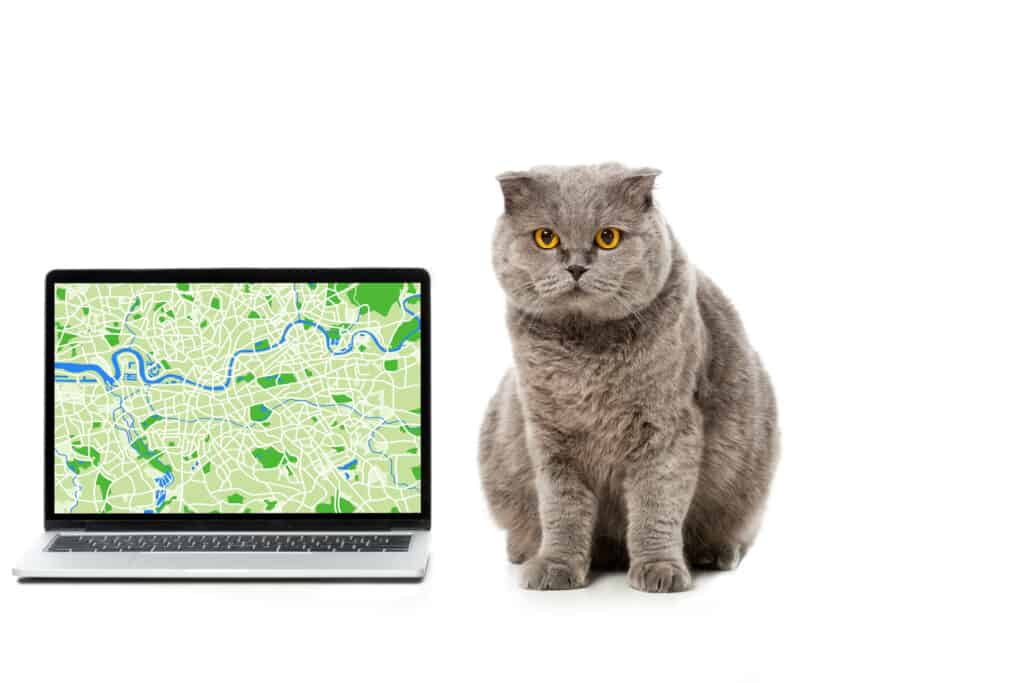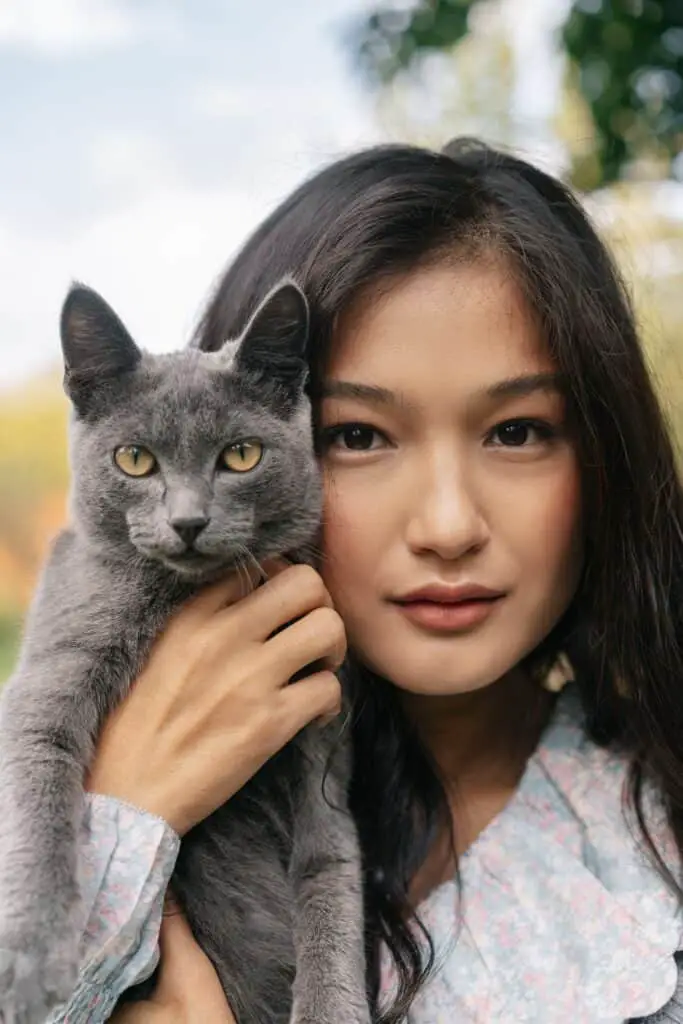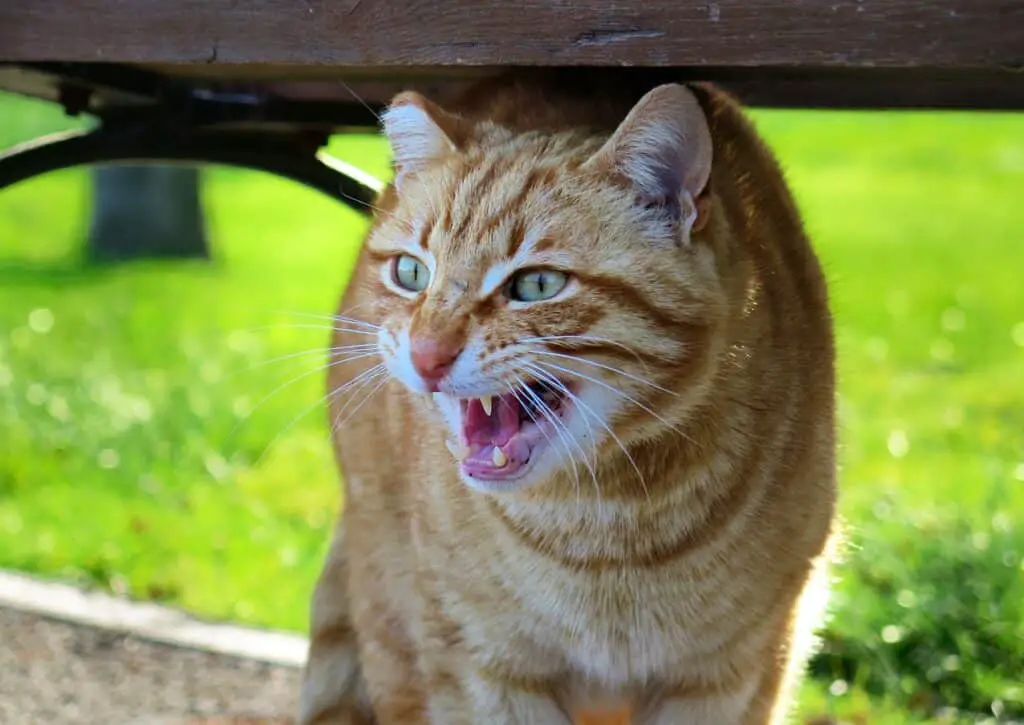Anyone who’s ever owned a cat is probably familiar with the fact that most cats eat grass if they get the chance. Especially outdoor cats with easy access to grass will often enjoy a bit of natural, green snacks.
Although many animals eat grass, it’s pretty weird that cats, as carnivores, also enjoy it. After all, they are no grazers…
Some cat owners prefer their cats not to eat grass because it makes them vomit later. If you’ve ever owned a cat, then you know that the favorite place for cats to vomit is your light-colored rug or couch. So, we won’t blame you for wanting your cat to stop eating grass.
How?
Cats will naturally eat grass whenever they get a chance. Although it has several health benefits for your cat to eat grass occasionally, the best way to avoid your cat eating grass is to keep them indoors or closely monitor outdoor cats. Adding nutrients like folium acid to your cat’s diet may reduce your cat’s urge to eat grass.
Deterring indoor cats from eating grass should not be too hard; however, it’s a different story with outdoor cats.
If your cat is used to roam free, away from the house, then it’s impossible to avoid them eating grass. However, if your cat stays close by, around the house, then there are a few things you can do.
- Place natural cat deterrents on or near the grass.
There are certain smells that cats hate, and they are excellent deterrents to keep cats away from a specific spot and avoid them nibbling on the grass nearby. Examples are citrus peels, cinnamon, eucalyptus, pine, pepper, and spices. - Keep the grass short.
Due to their long and pointy teeth, cats cannot chew off the grass very easily, and it’s even harder when you keep the grass short. - Distract your cat when she’s outside.
It often helps to distract your cat by playing with her. Most cats will nibble on the grass when they’re bored or have nothing else to do. - Keep them on a leash.
If your cat is not used to a leash from a relatively young age, she’ll probably hate you for it, but some cats are okay with it after a while. It will help you control the movements of your cat and likely help to avoid her from grazing. - Feed them cat grass instead.
Eating grass is, in fact, quite natural for cats, and it also has several benefits (see below). You might want to consider getting special cat grass to treat your kitty to a natural snack.
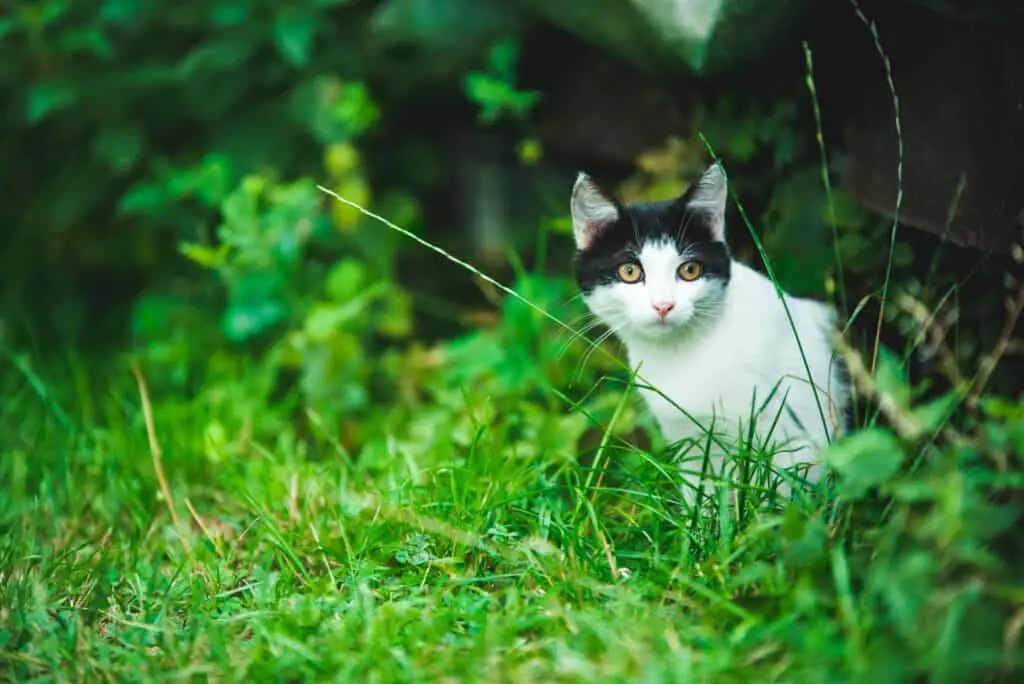
Is eating grass bad for cats?
Since you’re reading about how to stop cats from eating grass, you could ask yourself if that is really necessary.
Eating grass is entirely natural for cats (and dogs). It has several benefits for a cat’s health, and therefore the pros outweigh the cons. By occasionally consuming grass, cats keep their stomach and intestines free of parasites, and it helps getting rid of the occasional hairball. Grass contains several beneficial nutrients like folium acid.
For those who still doubt, researchers at the University of California, Davis, Veterinary School of Medicine conducted a survey among cat parents, in which they made the following findings:
- 89% of cats ate grass six or more times throughout their lives.
- 11% of cats were never observed eating grass.
- 91% of the time, cats appear in good health before eating grass.
- 27% of cats frequently vomit after eating grass or other foliage
Why do cats eat grass?
It contains Vitamin B9
Since cats are 100% carnivorous, they don’t eat healthy greens as humans do (neither should they). A cat will not likely munch on some broccoli or lettuce, but they do benefit from certain nutrients that they can get from grass.
Grass is rich in folium acid (Vitamin B9) to support cell growth. Kittens get this through their mother’s milk, but older cats are at risk of a B9 deficiency unless they eat organ meat or eggs, naturally rich in folium acid.
It helps with their digestion
The fibers found in grass help to avoid or relieve constipation and supports their digestive system.
It helps them to vomit and clear their stomach
Because cats lack the enzymes in their stomach needed to break down and digest grass, their bodies will reject it and cause them to vomit.
By vomiting, cats can expel indigestible parts of prey, like bones or hairballs.
It helps them to get rid of internal parasites
Although domesticated cats aren’t really at risk of picking up parasites because they don’t regularly (if ever) eat raw meat, it may be an instinct that they inherited from their ancestors.
It helps them to relax
Anxious or stressed cats find it relaxing to munch on some grass to help them calm their nerves.
When should you be worried?
When your cat eats grass obsessively, meaning in large quantities and more often than occasionally, it might be a sign that something is wrong.
Especially when the obsessive grass munching is accompanied by frequent vomiting or ongoing diarrhea, it might be a sign that your cat ate something that doesn’t agree with her body, or it could signal a more serious digestive problem.
When in doubt, always consult your vet and have your cat checked out. In those cases, it’s always better to be safe than sorry.
Final thoughts
Cats eating grass is perfectly normal and natural. In most cases, this is not something to be worried about because it actually has several benefits for your cat’s health.
We would advise you to let your cat nibble on some greens whenever it feels like it, and it doesn’t turn into an obsession.
If you’re worried about pesticides or your cat digesting something that is not good for her, your best bet is to provide her with special cat grass. It is also ideal for indoor cats.
Cat grass is specifically grown with cats in mind. It’s often organic and always free of pesticides and other harmful chemicals.

